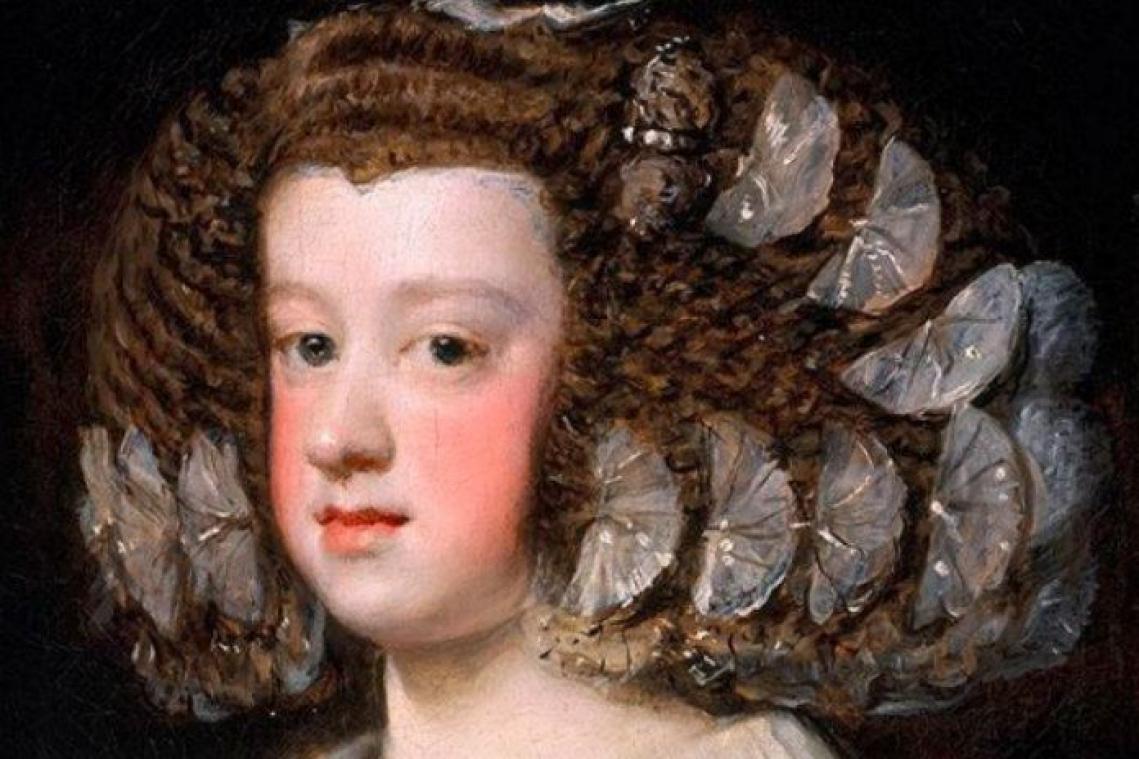Het is een beetje een vreemde opzet. Zo zou het account moeten dienen om volgers op de hoogte te houden van nieuwe lanceringen, samenwerkingen en toekomstige shows. Maar daar is voorlopig weinig van te merken. Ook de link met de schilderijen blijft voorlopig onbekend. Het is creatief directeur Alessandro Michele die de 25 schilderijen heeft gekozen. Mogelijk dienen ze als inspiratiebron.
A post shared by Gucci Beauty (@guccibeauty) on

